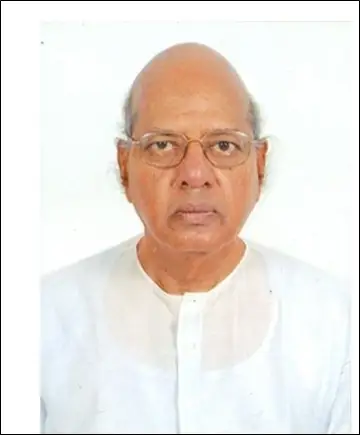Shri M Rama Reddy
Shri M Rama Reddy sir was Born in 1943. He has completed degree in Public Administration, Political Science and Economics from Osmania University, Hyderabad. He has completed Post Graduate Degree in Journalism from Osmania University, Hyderabad, Post Graduate Studies in Political Science at Delhi University and also he has completed Post Graduate studies in Local Government and Economic Development at Princeton University, USA.
He has worked as a Research Associate in Centre for the Study of Developing Societies, New Delhi, 1965-66. He also worked as Reporter and Sub Editor in Patriot, New Delhi, from1966-67 and Chief Executive of Cooperative Development Foundation (Popularly known as Sahavikasa), from 1975-99 and President of Sahavikasa, from 2000 year onwards.
He worked closely with Brahma Prakash Committee during 1989-90 in evolving a Model Cooperative Societies Bill for states to adopt. He has worked closely with Andhra Pradesh Government for the drafting and unanimous passage of Andhra Pradesh Mutually Aided Cooperative Societies Act of 1995 (poplularly known as Macs Act or Parallel Law). He has provided organizational / personal assistance to seven state governments of Jammu & Kashmir, Bihar, Jharkhand, Madhya Pradesh Chattisgarh, Orissa and Karnataka for enactment of liberal, parallel cooperative laws.

Shri M Rama Reddy
Chairman Emeritus
